Training
The UBC Hospital MS Clinic is a teaching clinic and is actively involved teaching and mentoring medical students, residents and fellows who may become future MS specialists. Education is a very important component of the MS Clinic.
Fellowship Training for Canadian and International Applicants
As a result of the UBC Hospital MS Clinic’s reputation and multidisciplinary approach to MS care, we often have visiting physicians observing our approach to MS care.
Medical Students, residents and fellows are frequently involved in providing care to patients who attend the UBC Hospital MS Clinic.
Medical Students are involved in the UBC Hospital MS Clinic as part of their medical training program.
Residents are often involved in providing patient care in the UBC Hospital MS Clinic. They are frequently involved in providing the initial clinical assessment of patients but this is reviewed with an MS supervising neurologist.
Fellows are fully trained neurologists, often visiting neurologists, who are learning to be specialized in MS. They may perform a complete review with a clinic neurologist in attendance or may see patients independently but this will be followed by a discussion with a supervising neurologist.
The UBC Hospital MS Clinic and its clinic neurologists are also involved actively in the Canadian Network of MS Clinics and the Consortium of Multiple Sclerosis Centres. Ongoing involvement in these organizations allows for ongoing networking and collaboration among MS specialists.
-
A clinical fellowship is an opportunity for a physician to obtain advanced training and/or to acquire more specialized expertise not normally acquired during residency training. Clinical fellows must be recognized specialists or family physicians.
As short-term educational experience which does not lead to specialist recognition by the Royal College of Physicians and Surgeons of Canada (RCPSC), a clinical fellowship on its own is not a pathway to permanent practice as a specialist in British Columbia.
-
In order to be considered for clinical fellowship training, applicants must be eligible for a certificate authorizing postgraduate education (an educational-type medical license) from the College of Physicians and Surgeons of British Columbia (CPSBC), the body which regulates the practice of medicine in British Columbia.
-
Applicants must:
Have a medical degree from an approved medical school
Be able to provide a request for registration to the registrar from the department or division head, and the associate dean of postgraduate medical education, Faculty of Medicine, UBC
Be legally entitled to live and work in Canada
Meet the College’s English language proficiency requirements (TOEFL)
It is possible to review the requirements for licensure in detail for clinical fellows from the CPSBC website.
Please note that medical graduates apply for educational licensure by the CPSBC only after they have been accepted for clinical fellowship training by the University of British Columbia.
-
An up-to-date curriculum vitae which includes the applicant’s date of birth, citizenship and e-mail address
One letter (maximum 2 double-spaced typed pages) describing the candidate’s objectives, goals, and expectations from this Fellowship and potential impact of fellowship on applicant’s career that emphasizes both the care of MS patients and clinical research in MS
A copy of the medical degree (with English translation, where applicable)
Three letters of reference on letterhead, signed and dated within two years of the date of application
A letter from the sponsoring agency which confirms full financial support for the duration of the fellowship program. Salary arrangements are the responsibility of the trainee, since no internal funding is available for such positions
Application deadlines are November 15th. All candidates will be notified of the final results by January 31st. Fellowship terms will be from July 1st to June 30th of the year following the approval of the application. Incomplete applications will not be reviewed.
Please send all information by hard copy or email to:
The University of British Columbia
c/o Michelle Eisner
S195 – 2211 Wesbrook Mall
Vancouver, BC V6T 2B5
meisner@brain.ubc.caAll applications will be reviewed by a committee of the UBC MS/NMO Program whose decisions will be final.
Current Opportunities
-
Program Description
The UBC MS/NMO Clinic is an interdisciplinary clinic located in the Djavad Mowafaghian Centre for Brain Health which brings together experts in the fields of neuroscience, neurology and psychiatry into a hub for training, research and clinical care. This hub of discovery focuses on advancing patient care through providing a multidisciplinary learning and training environment with access to advanced diagnostic and treatment technologies. This facility and the UBC MS/NMO Clinic provide an integrated approach to patient care through facilitating collaboration among clinicians and scientists marking a new era of scientific discovery that will aid in accelerating transforming new knowledge into practical solutions that will improve quality of life and lengthen patient’s lives.
Our program includes 4 staff neurologists, a clinic of 7000 active patients and multiple research programs including imaging, epidemiology, genetics, neuro-ethics, pathology and immunology. The UBC MS/NMO Clinic is actively involved and committed in teaching and mentoring medical students, residents and fellows who will become future MS specialists.
1-2 years clinical fellowship, funding arranged
Combined clinical/research training tailored to Fellow’s interests
Ongoing collaboration opportunities
MS FELLOWSHIP
Our goals for an MS fellowship at UBC are to develop expertise in:
Clinical Training
Diagnosis of MS and to differentiate it from common mimics
The pharmacotherapy for disease modification and symptom management, including oral, SC, IM and IV therapies
Multidisciplinary care approach including rehabilitation medicine, neuro-ophthalmology, sexual health and urology
Outreach clinic participation
Community outreach programs (patient information workshops)
Education
Weekly
Our UBC MS Program provides multidisciplinary training through weekly ongoing UBC MS Connect Education Sessions.
Local and visiting fellow/student and researchers led rotating weekly journal clubs, presentation, workshops, “Bench to Bedside” sessions and clinician/fellow mentor presentation/journal club sessions.
Sessions foster ongoing enrichment and collaboration among clinicians, researchers and trainees in UBC MS Program.
Departmental Grand Rounds
Neuroradiology Rounds Case Discussions
Yearly
Fellows will have support to attend academic meetings related to MS and/or NMO.
Research
Research design and conduct
Clinical trials including: Tri-council ethics certification, good clinical practice guidelines, budget development, recruitment, standardized assessments, adverse event assessment and reporting
Opportunities in research programs including imaging, epidemiology, genetics, neuro-ethics, pathology and immunology
For more information, email Michelle Eisner at meisner@brain.ubc.ca.
